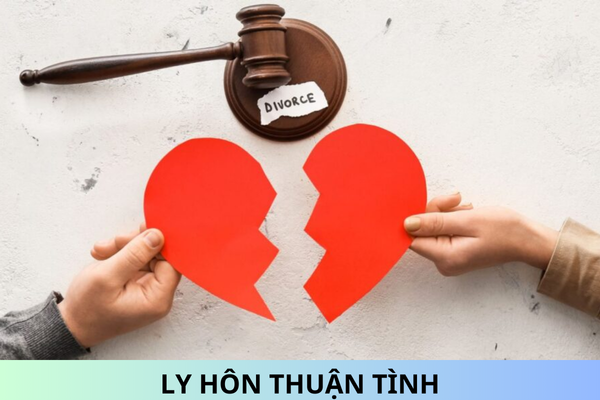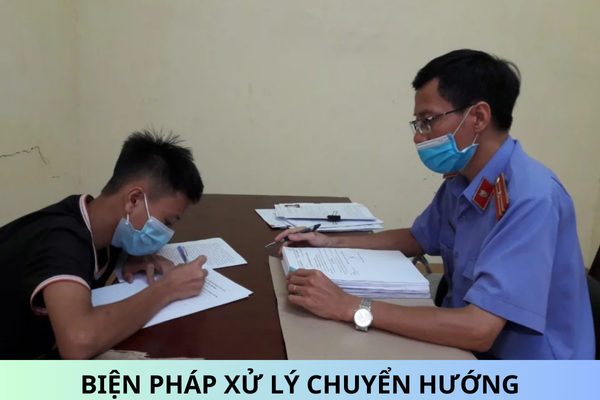Do the Litigants in Administrative Cases Have Equal Rights and Obligations?
Pursuant to Article 55 of the 2015 Administrative Procedure Law, the contents are regulated as follows:
Parties have equal rights and obligations when participating in the proceedings, including:
Respecting the Court and strictly complying with the rules of the court session;
Paying advance court fees, court fees, charges, and other procedural costs as prescribed by law;
Maintaining, amending, supplementing, or withdrawing requests;
Providing their full and accurate residential or office addresses; if there is a change in address during the Court's settlement of the case, promptly notifying the other party and the Court;
Providing documents, evidence, and proofs to protect their lawful rights and interests;
Requesting agencies, organizations, or individuals who are holding or managing documents and evidence to provide those documents and evidence to be submitted to the Court;
Requesting the Court to verify and collect documents and evidence that they cannot obtain themselves; requesting the Court to compel the other party to present documents and evidence they are holding or managing; requesting the Court to issue a decision compelling agencies, organizations, or individuals who are holding or managing evidence to provide that evidence; requesting the Court to summon witnesses and solicit experts and appraisers;
Being informed, recording, and duplicating documents and evidence submitted by the other party or collected by the Court, except for documents and evidence not disclosed pursuant to Clause 2, Article 96 of this Law;
Providing copies of the lawsuit petition and documents and evidence to the Court for the Court to send to the other party or the legal representative of the other party, except for documents and evidence not disclosed pursuant to Clause 2, Article 96 of this Law;
Requesting the Court to decide on the application, change, or cancellation of temporary emergency measures;
Requesting the Court to organize a meeting to review the submission, access, and disclosure of evidence and dialogue and participate in the meeting during the Court’s settlement of the case;
Receiving valid notifications to exercise their rights and obligations;
Self-defense or hiring a lawyer or another person to protect their lawful rights and interests;
Requesting the change of the conducting procedural officers or the participating participants;
Attending court sessions and meetings;
Being present according to the Court's summons and complying with the Court's decisions during the Court's settlement of the case;
Requesting the Court to involve relevant parties in the proceedings;
Requesting the Court to temporarily suspend the settlement of the case;
Asking questions to others about matters related to the case or suggesting issues that need to be questioned with others to the Court; confronting each other or with a witness;
Debating at the court session, presenting arguments regarding the assessment of evidence and applicable laws;
Being provided with excerpted judgments or decisions of the Court;
Appealing or complaining about the Court’s judgments or decisions;
Requesting persons with authority to lodge protests according to cassation or reopening procedures against the Court's legally effective judgments or decisions;
Strictly complying with the Court's legally effective judgments or decisions;
Exercising their rights in good faith, not abusing to obstruct the Court’s procedural activities or the other party;
Other rights and obligations as prescribed by law.
Respectfully!










